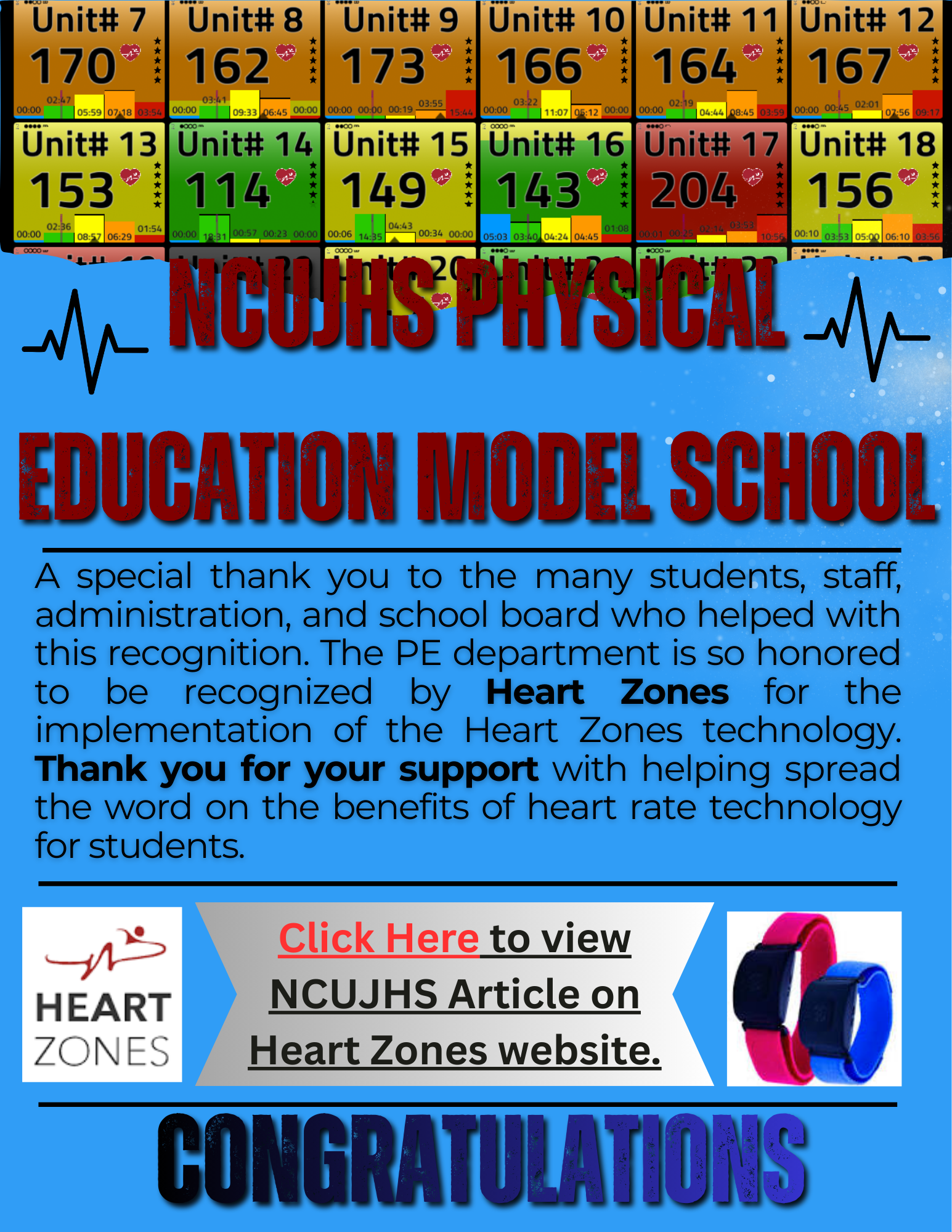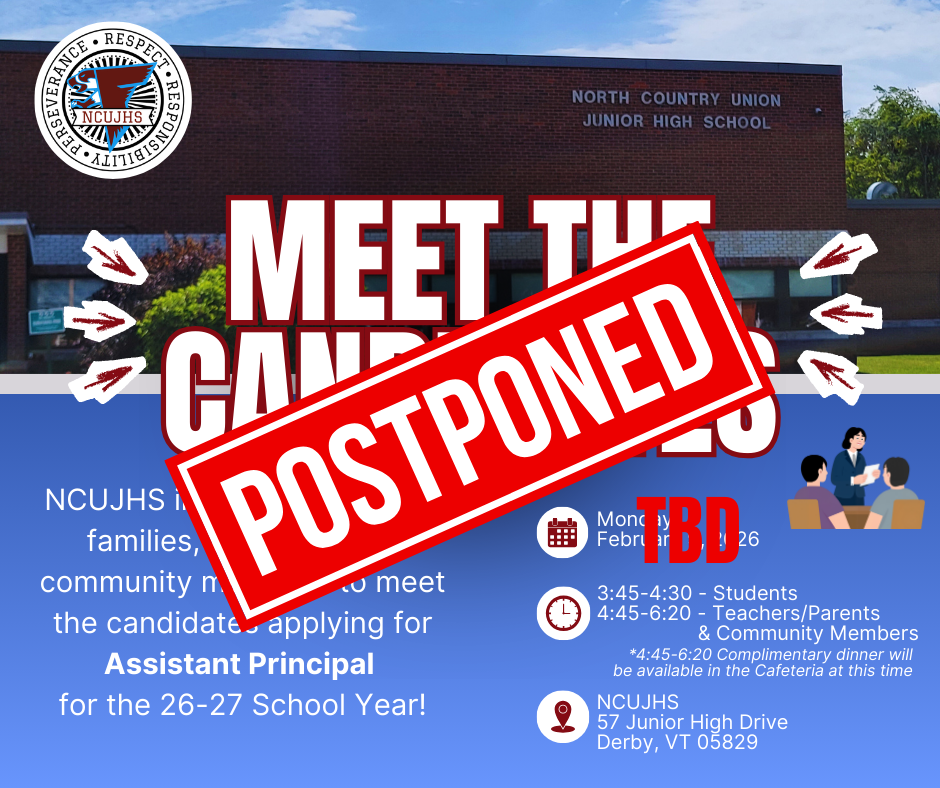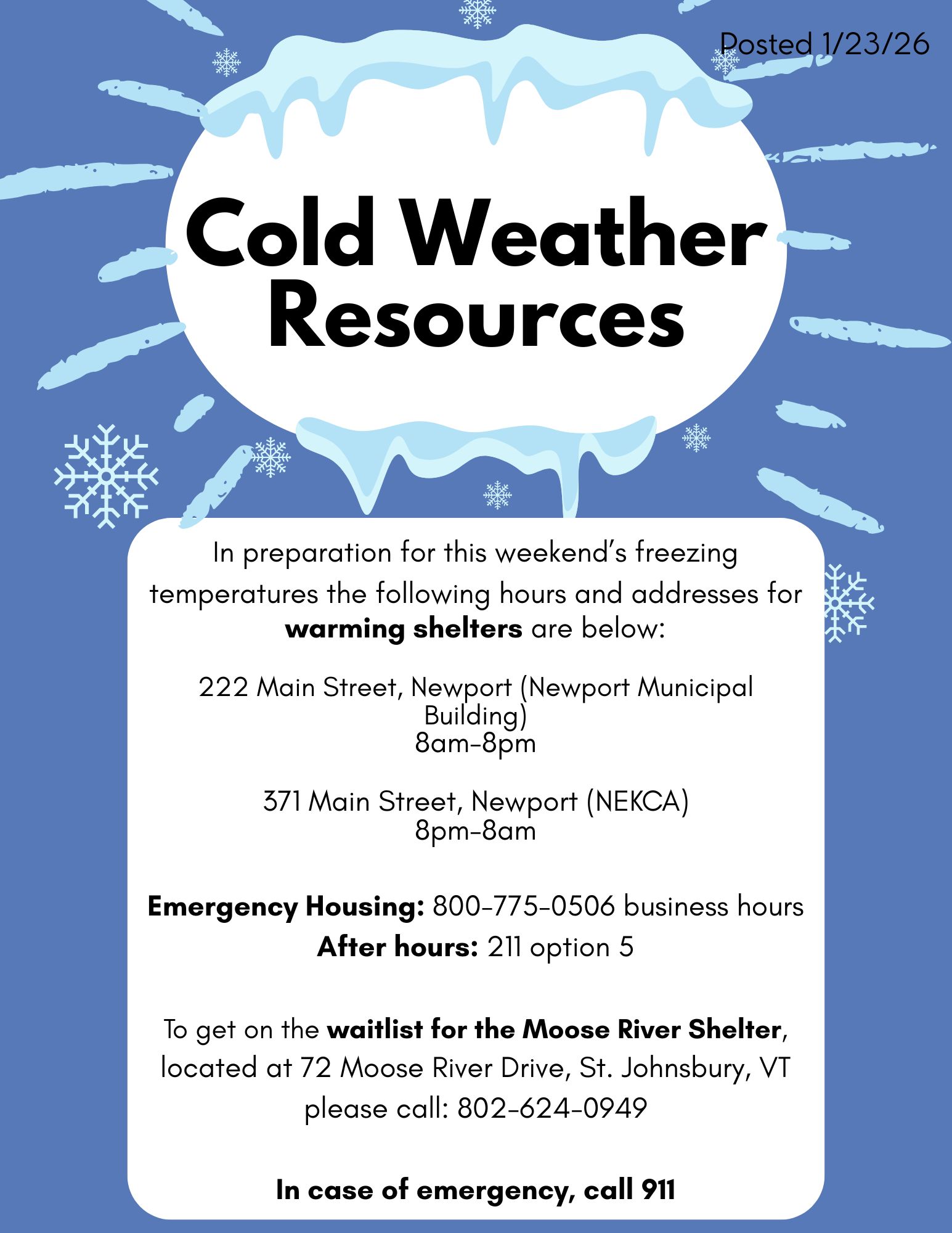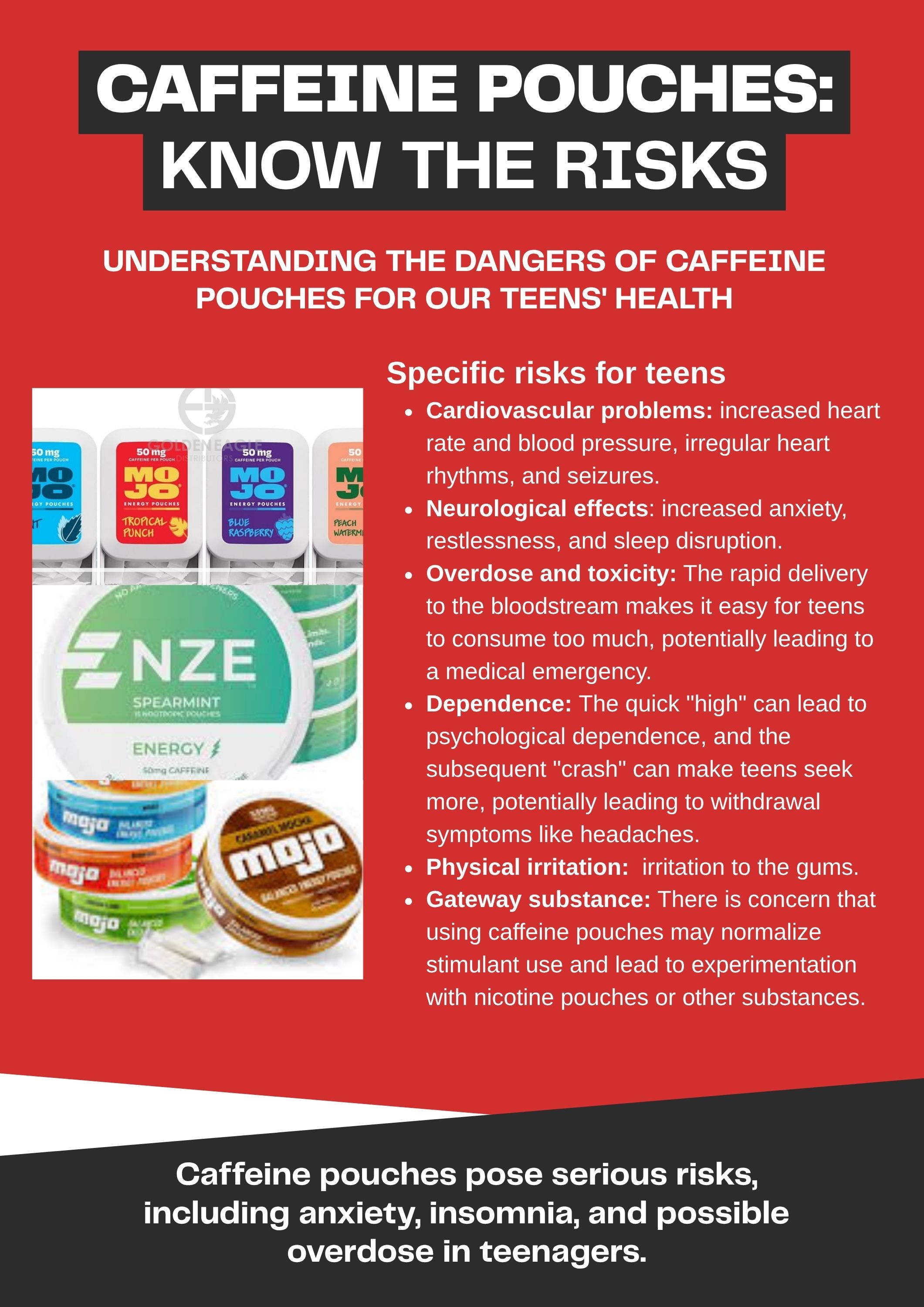Homepage
Our Mission
To be a community that shares the responsibility for the intellectual and personal development of all learners within an environment of trust, safety and respect.
Our Community
We are dedicated to providing a rigorous and comprehensive educational experience that challenges and nurtures the intellect of every student.

Our Students
We are committed to providing equitable opportunities for all students, valuing and celebrating their diverse backgrounds, cultures, and perspectives.

Our Community
We are committed to providing equitable opportunities for all students, valuing and celebrating their diverse backgrounds, cultures, and perspectives.
















